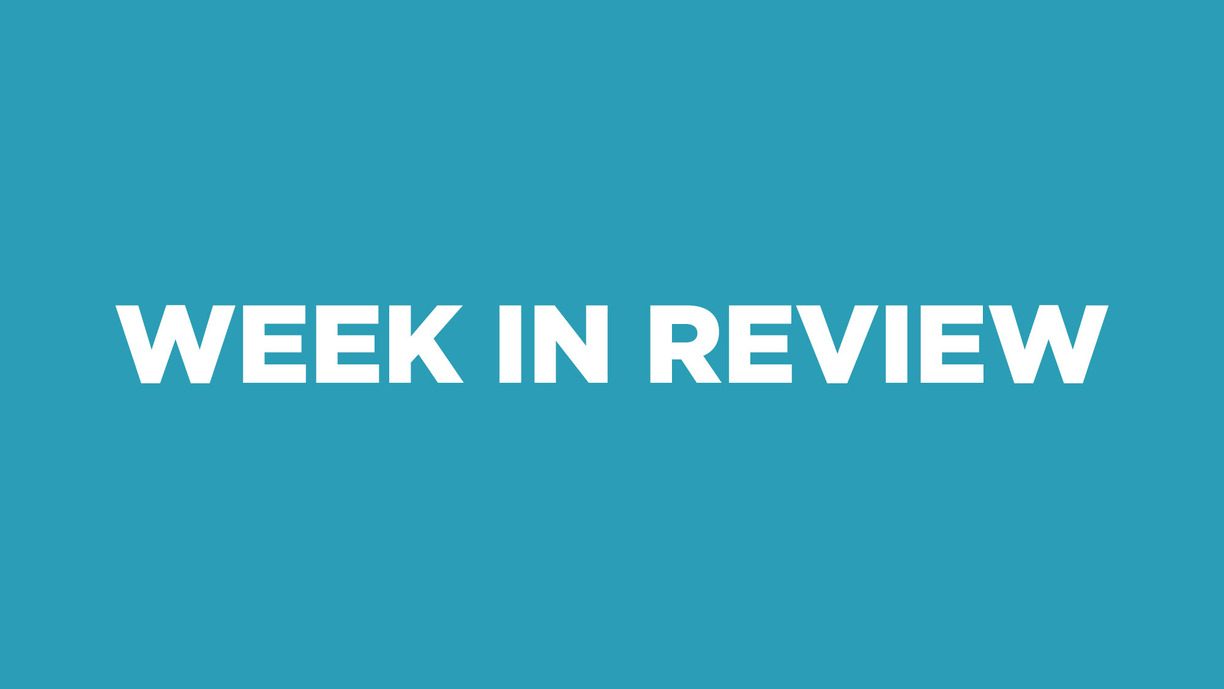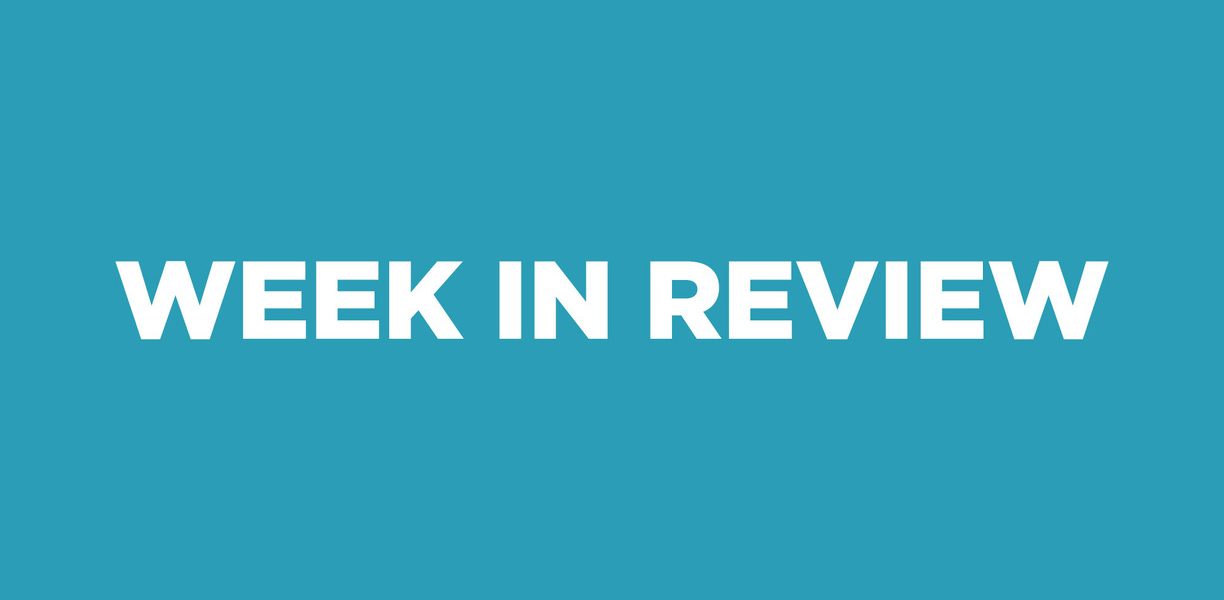 Let’s end the first Friday of 2015 with some articles from the last weeks of 2014 that are worth your time. I’ll also make some book suggestions that I think would be worth a read.
Let’s end the first Friday of 2015 with some articles from the last weeks of 2014 that are worth your time. I’ll also make some book suggestions that I think would be worth a read.
First, from Inc.com, How to Lead Innovation like Superheroes: Knowing When Your Strength Becomes a Weakness, by Jeff DeGraff, author of Making Stone Soup: How to Jumpstart Innovation Teams.
He says,
Your biggest strength–the quality that makes you stand out from other people–can also be your greatest downfall. We all have an underlying worldview that determines the way we approach all of the challenges we face…The problem is that our dominant logics overpower all other points of view. Each of us sees the world in such a prescriptive way that it’s hard–indeed, impossible–to consider anything without being overwhelmed by our own preferred method of thinking. Our dominant logics are so intense that we lose the ability to think outside of them. They give us blind spots. We become prisoners of our own ideology.
His recommendation is to build a team where each member thinks differently. “In order to achieve an innovative mindset, we need to overcome our own dominant logics. The only way to fully understand something is to look at it from multiple viewpoints. This is about communicating with people who are unlike us, understanding that no single outlook is better than another. We are most likely to create something new when we put diverse outlooks together.”
Next, CEO’s and business leaders in Canada are found describing what they learned in 2014 at CanadianBusiness.com. The article, “Founders and CEOs tell us what they learned in 2014” include people such as Anthony Lacavera Chairman and CEO of Globalive Capital and Wind Mobile, and Robert Herjavec, founder and CEO of Herjavec Group and star of ABC’s Shark Tank.
Third, Salon.com has an article by Robert Reich, entitled Big government isn’t the problem. I’m not a huge fan of Reich, as he is too big-government/progressive/liberal for me fiscally, but in this article, describing who gets what in the new $1.1 trillion spending bill signed into law just before Christmas, I agree with some of what he says.
As wealth continues to concentrate at the top, individuals and entities with lots of money have greater political power to get favors from government – like the rollback of the Dodd-Frank law and the accumulation of additional corporate welfare. These favors, in turn, further entrench and expand the wealth at the top.
The size of government isn’t the problem. That’s a canard used to hide the far larger problem.
The larger problem is that much of government is no longer working for the vast majority it’s intended to serve. It’s working instead for a small minority at the top.
Books:
1. From Tablet to Table: Where Community Is Found and Identity Is Formed by Leonard Sweet. It was just released this week and I’ll be starting it over the weekend and will review it when I finish.
2. Mastering ‘Metrics: The Path from Cause to Effect by Joshua D. Angrist and Jörn-Steffen Pischke. This book is about Applied econometrics, known to aficionados as ‘metrics, and is the original data science. ‘Metrics encompasses the statistical methods economists use to untangle cause and effect in human affairs. Through accessible discussion and with a dose of kung fu–themed humor, Mastering ‘Metrics presents the essential tools of econometric research and demonstrates why econometrics is exciting and useful. I’ve started it and will likely do a podcast relating to their discussion of health insurance and health.
3. Cultural Intelligence: Living and Working Globally by David C. Thomas and Kerr C. Inkson. In today’s global economy, the ability to interact effectively across cultures is a fundamental job requirement for just about everyone. But it’s impossible to learn the customs and traits of every single culture with which you might come into contact. Cultural Intelligence teaches a universal set of techniques and people skills that will allow you to adapt quickly to, and thrive in, any cultural environment. It’s an older book, published in 2009, but reads well and has some good information. I’m about halfway through it and will review it when I’m finished.
Make the start of 2015 awesome!




